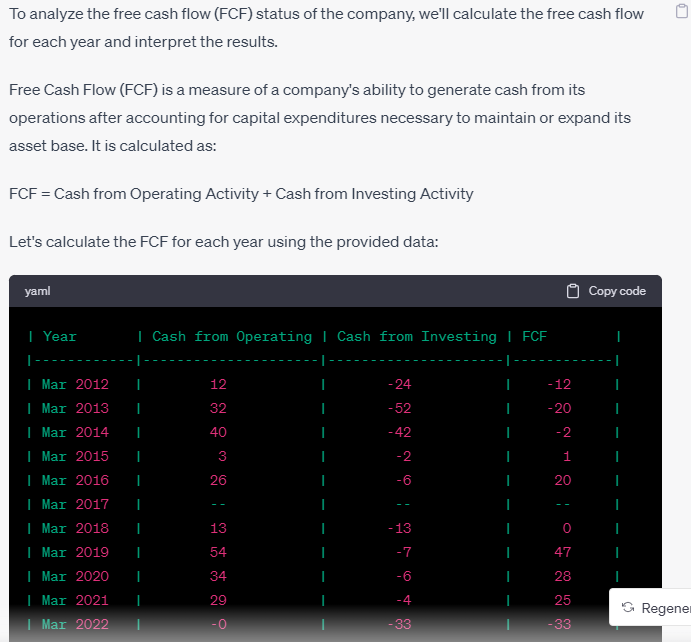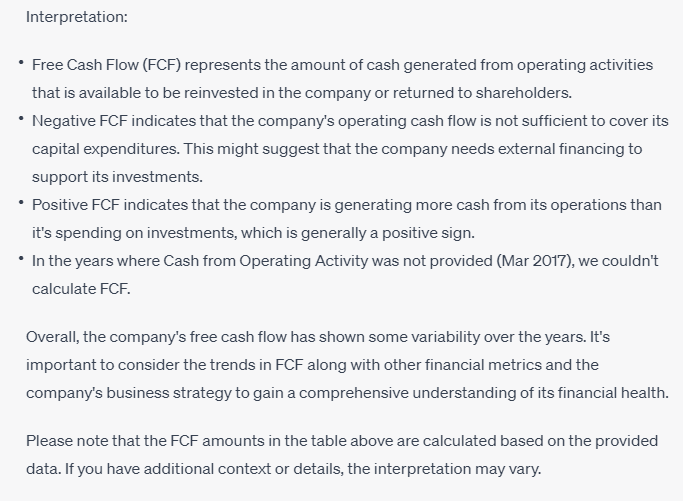Accelerating Business Potential: AI Automation for Insurance Intermediaries
This article investigates the potential business scenarios that can be effectively implemented through AI automation by insurance intermediaries. Over the last half-decade, insurance intermediaries have witnessed promising opportunities due to the underpenetrated insurance market and its growth prospects. Initially, intermediaries focused on providing unified web and mobile interfaces for agents to sell insurance policies from various providers, leading to significant business growth. However, as the volume increased, new opportunities arose due to the vast amounts of insurance policy data gathered. In this article, we will explore the next-level business cases that can hyper-automate operations and reduce operational costs for low-margin insurance intermediaries, enabling them to become operationally profitable.
1. Automation of Converting Unstructured Policy Data to Structured Data:
With the growing volume of insurance policies, the manual or semi-automatic process of converting policy data from PDF format to structured data has become a time-consuming and error-prone bottleneck for many insurance intermediaries. Addressing this challenge presents a significant opportunity to optimize operations and reduce processing time. A Man + Machine solution can be developed, leveraging ML models and NLP solutions. Over time, this model can continuously improve through reinforcement learning, delivering accurate results. Automated retraining of the model ensures its relevance and superiority as new incremental policy data is incorporated, reducing data ingestion time and human resource requirements while increasing accuracy and cost savings for intermediaries.
2. Intelligent, Context-Aware, Native Language Personal Assistant:
In the multiparty B2B insurance intermediary business, individual agents interact with insurance providers and customers through an online application developed by the intermediary. Currently, agents often rely on human-intervened communication systems to extract relevant information to enhance business and service levels. However, there is significant room for improvement in this process. Developing an interactive application that serves as an intelligent personal assistant for agents can revolutionize this aspect. The agent could inquire in their native language, prompting queries such as:
-
“Give me the list of quotes shared with customers but not yet booked as policies?”
-
“Provide details (name, policy number, contract number) of motor policies expiring today but not yet renewed.”
-
“List customers with health insurance coverage lower than the IDV of motor.”
By adopting AI-driven personal assistant with limitless interactive features, intermediaries can attract more agents to the platform and empower existing agents to excel in their business.
3. Automation of Calculation, Payment, and Reconciliation of Commissions for Insurance Intermediaries:
The insurance intermediary business relies on earning the difference between commissions received from insurance providers and commissions paid to agents for the policies booked. However, the commission calculation process is highly dynamic, influenced by various factors such as preferred product targets, geography targets of insurance providers, special situations (e.g., COVID-19), and agreements between intermediaries and insurance providers. These complexities lead to frequent changes in commission structures, making the process challenging and error-prone.
Additionally, certain policies may be canceled by customers, resulting in full refunds and zero commission for agents. Conversely, insurance providers may decline policies based on prevailing regulations, requiring deduction of commissions. Compliance with regulations adds further constraints to the commission-sharing process.
The ever-changing behavior of agents prompts intermediaries to launch new schemes, further complicating commission calculations. Reconciling commissions with multiple insurance providers and managing follow-up reminders for discrepancies becomes a continuous, manual, and laborious task. It is crucial to align the commission payment schedule to avoid impacting cash flow and intermediary float.
Without automation, intermediaries either risk leaking commissions or must invest heavily in skilled financial manpower to perform accurate calculations. To overcome this bottleneck, an advanced AI-driven product with water-like flexibility is required to optimize the insurance intermediary business.
An AI-driven solution can address these challenges and revolutionize commission management. By leveraging machine learning algorithms and intelligent automation, the proposed product can:
-
Continuously adapt to changing commission structures and business dynamics.
-
Handle policy cancellations and deductions seamlessly, ensuring accurate commission calculations.
-
Monitor and adhere to regulations, streamlining compliance processes.
-
Provide real-time reconciliation with insurance providers, reducing manual efforts and errors.
-
Optimize commission payment schedules to ensure smooth cash flow and minimal financial strain.
-
Empower intermediaries to focus on core business functions by automating commission-related tasks.
-
Present comprehensive summary and detailed reports for finance, operations, sales, and compliance teams.
-
Empowers the leadership team with a real-time dashboard, offering a clear view of the intermediary’s float positions and commissions earned.
By embracing this advanced commission management product, insurance intermediaries can improve efficiency, reduce operational costs, and maximize revenue. This automation will free up valuable resources, allowing intermediaries to concentrate on enhancing customer experiences, exploring growth opportunities, and staying ahead in the competitive insurance landscape.
The three key business scenarios discussed in this article present transformative opportunities for insurance intermediaries to streamline processes, enhance agent efficiency, and optimize commission management. By automating the conversion of unstructured policy data, developing intelligent personal assistants, and revolutionizing commission calculations, intermediaries can unlock greater efficiency, reduce costs, and maximize revenue. Embracing AI-driven automation not only enables intermediaries to stay competitive but also empowers them to adapt to dynamic market conditions and ever-changing customer demands. As we explore the potential of AI automation in insurance intermediaries, the path to operational profitability becomes clearer. By harnessing the power of AI, insurance intermediaries can become agile, customer-centric, and strategically positioned for future success in the dynamic insurance industry.




